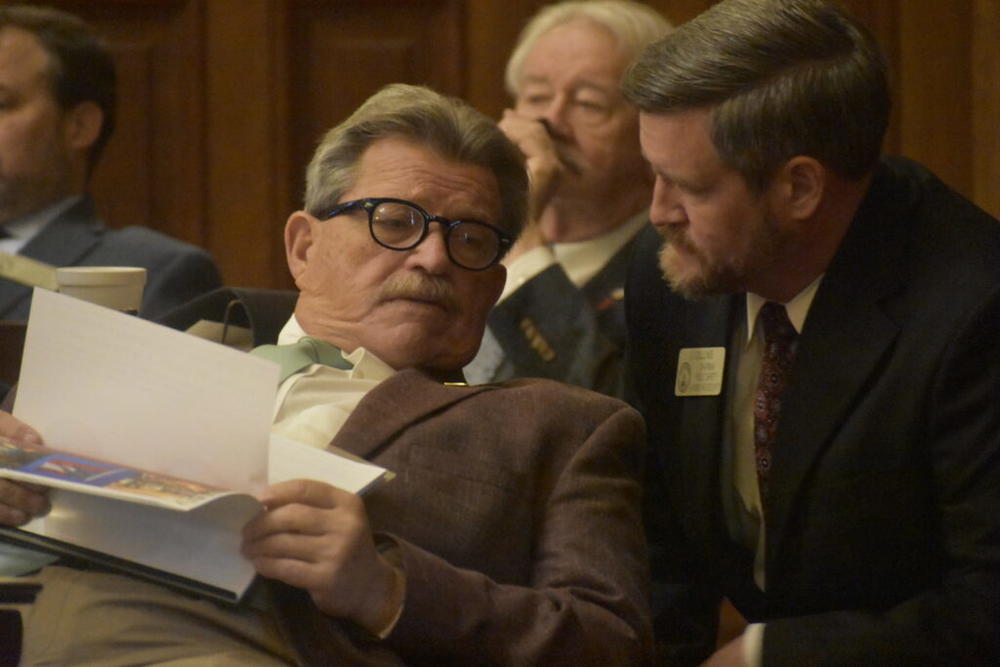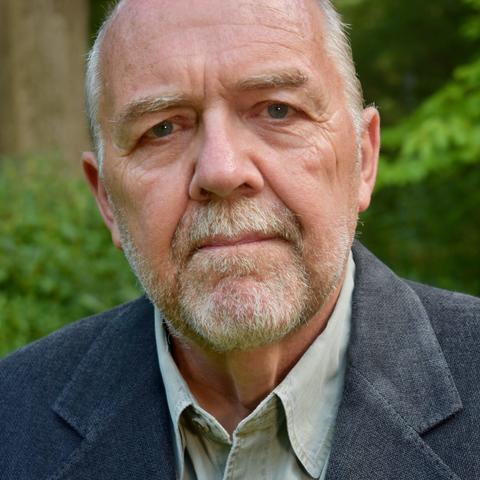
Caption
Republican state Rep. Alan Powell of Hartwell says his new legislation is aimed at lifting the veil of secrecy that shrouds medical cannabis regulation, but transparency experts aren’t so sure.
Credit: Ross Williams / Georgia Recorder

